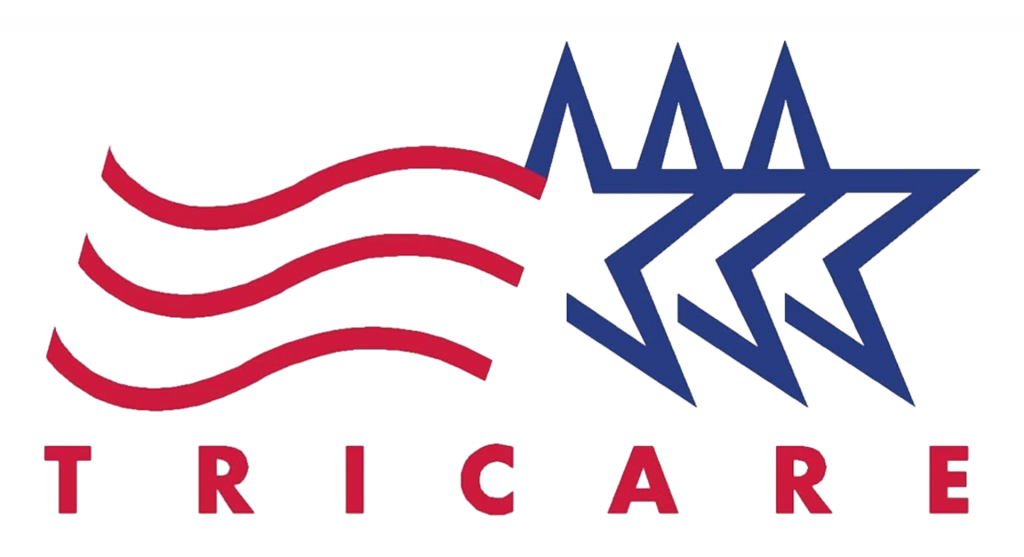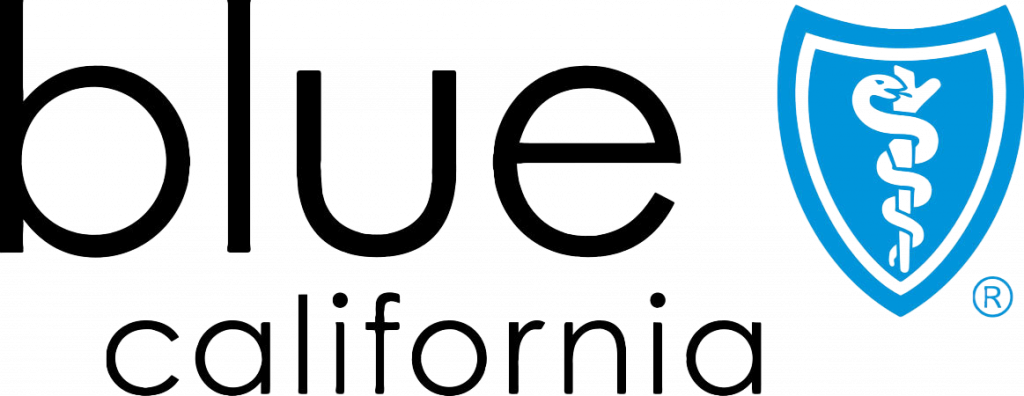
High functioning anxiety is a type of anxiety disorder characterized by excessive worry and stress that interferes with daily functioning, despite appearing to be successful and functioning normally in public. People with high functioning anxiety may be able to maintain their work and personal responsibilities, but they may also experience physical symptoms such as fatigue, difficulty sleeping, and difficulty concentrating. They may also engage in obsessive or compulsive behaviors in an attempt to manage their anxiety.
Succeeding in some aspects of life or appearing normal to others does not always indicate that a person is healthy and happy. If someone has distress from their anxiety or is avoidant of many situations, they should seek support and treatment to better their wellness.
The signs and symptoms of high-functioning anxiety vary widely as the term can be used to describe a variety of different anxiety disorders. It is most commonly used to describe generalized anxiety disorder (GAD), but can also describe an individual with panic disorder, a social anxiety disorder, or a phobia. It can be more difficult to identify a high-functioning anxiety disorder because the individual is able to function “normally” day to day.
However, research shows that individuals with anxiety experience the world in a fundamentally different way. They will have excessive anxiety and worry, often expecting the worst outcomes to occur. They may experience a constant mental exhaustion from continuous loops of stress and overthinking. This is what can lead many people with anxiety to do the essential tasks like work and limit other opportunities and experiences.
Just as with any other mental disorder, high functioning anxiety can be treated and managed with therapy and other treatments. These are some of the treatment options for high-functioning anxiety disorders:
CBT is a type of therapy that aims to change negative patterns of thinking and behavior by teaching people to identify and change distorted thoughts and to develop coping skills to manage their anxiety. It involves identifying and challenging negative thoughts, learning coping skills and relaxation techniques, and gradually exposing the person to their feared situations in a controlled way.
ACT focuses on helping people to accept their thoughts and feelings without judgment, and to take action towards their values and goals.
This involves helping a person focus their attention on the present moment to reduce anxiety, and includes learning various mindfulness techniques, such as deep breathing and meditation.
Antidepressants are daily medications commonly prescribed to treat depression and anxiety. They alter the levels and interactions of neurotransmitter chemicals within the brain that control mood and stress. There are many different types of antidepressants, such as SSRIs, SNRIs, TCAs, NASSAs, and SARIs. Sometimes antipsychotics are also prescribed; Antidepressant and antipsychotics must be taken daily, often come with various side effects, and are not effective for all individuals.
Buspirone is a prescription medication that is used to treat anxiety disorders. It belongs to a class of medications called anxiolytics, which work by helping to reduce anxiety and improve symptoms such as restlessness, difficulty concentrating, and irritability. Buspirone is thought to work by increasing the levels of certain chemicals in the brain that are involved in the regulation of mood and anxiety.
Benzodiazepines are a class of medications that are used to treat anxiety disorders, as well as other conditions such as insomnia, seizure disorders, and muscle spasms. They work by increasing the activity of a neurotransmitter called GABA in the brain, which helps to reduce anxiety and promote relaxation.
TMS is a non-invasive brain stimulation treatment that uses magnetic pulses to stimulate neural activity. It was approved by the FDA for the treatment of depression in 2008, and there is a growing body of research that suggests TMS is effective in treating anxiety disorders as well. During TMS treatment, some people may experience a knocking sensation or sensitivity on their scalp, as well as a mild headache that typically goes away within a few hours. At Bespoke Treatment, we offer Express TMS, a specialized form of TMS that can be completed in just a few minutes per session.
Ketamine is a medication that is being increasingly used as a treatment for depression and anxiety. It is known for its unique ability to promote neuroplasticity and cause lasting changes in brain chemistry, which can lead to transformative change and long-term symptom relief. In 2019, the esketamine nasal spray (called Spravato) became FDA-approved. At Bespoke Treatment, we offer a range of ketamine treatment methods, including infusions, Spravato, intramuscular shots, and rapid-dissolve tablets.
Neurofeedback, or biofeedback, is a non-invasive process that uses real-time feedback to help a person learn to self-regulate their brain activity. It involves measuring brain waves using sensors placed on the scalp, and then providing feedback to the person through a visual or auditory display. The person is then able to learn to control their brain activity by making changes to their thoughts and behaviors in response to the feedback. A number of studies have shown that neurofeedback is a promising treatment option for anxiety disorders.
At Bespoke Treatment, we begin with a comprehensive evaluation to learn about your symptoms, lifestyle, and overall health. Then, after we diagnose your condition and understand your needs, we create a personalized treatment plan to relieve your symptoms and help you manage your negative thoughts. Our treatment plans can include a number of traditional therapies and group therapies, as well as treatment alternatives like TMS, ketamine, and neurofeedback.
If anxiety is disrupting your quality of life, call Bespoke Treatment or request a consultation online today.









